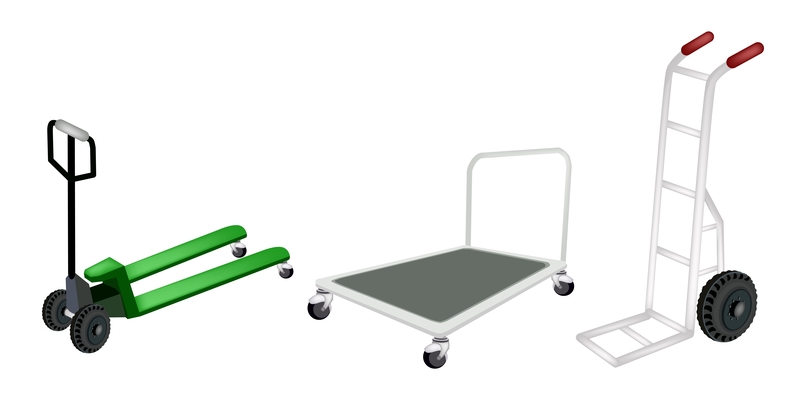Decoding Tire Storage Duration: Expert Recommendations
Posted on 16/05/2024
When it comes to proper tire storage, many car owners often overlook the importance of this task. However, neglecting to store your tires correctly can result in damage and reduced performance, ultimately costing you more money in the long run. The duration of tire storage is a crucial factor that must be taken into consideration to ensure the best possible performance and longevity of your tires. In this article, we will decode the recommended duration for tire storage as suggested by experts and provide valuable insights on how to store your tires effectively.
What is Tire Storage Duration?
Tire storage duration refers to the length of time your tires can safely and effectively be stored without experiencing any negative effects on their quality or performance. It is essential to keep in mind that tires are made up of rubber compounds that need to be used and moved regularly to maintain their shape, flexibility, and overall condition. Improper storage can lead to cracking, flat spots, and other forms of damage that can affect the safety and performance of your vehicle.

Expert Recommendations for Tire Storage Duration
According to industry experts, the optimal duration for storing tires is six years from the date they were manufactured. After this period, it is recommended to replace them with new ones. However, there are various factors that can affect this timeline, such as climate conditions and the type of storage facility used.
Climate Conditions: Extreme temperatures can have a significant impact on tire storage duration. High temperatures can cause rubber compounds to break down faster, while colder temperatures can make them stiff and brittle. It is best to avoid storing tires in areas with extreme temperatures such as attics or garages without climate control.
Type of Storage Facility: Proper tire storage facilities should be cool and dry with good ventilation. This allows for air circulation and prevents moisture build-up which can cause mold and mildew growth. The ideal temperature for tire storage is around 50-70 degrees Fahrenheit with humidity levels below 75%. If you are storing your tires in a basement, make sure it is not damp and has no leaks.

Tips for Effective Tire Storage
1. Clean and Inspect Tires Before Storage: Thoroughly clean your tires to remove any dirt and debris that may have accumulated while driving. Inspect them for any signs of damage or wear and tear.
2. Store Tires Vertically: When storing tires, it is best to keep them standing upright rather than stacked on top of each other. This helps prevent flat spots from forming and maintains the tire's shape.
3. Use Tire Covers: It is highly recommended to use tire covers when storing your tires, as they offer protection against dust, sunlight, and other elements that can cause damage.
4. Rotate Your Tires: To avoid uneven wear, rotate your tires every six months if they are stored for an extended period. This helps distribute the weight evenly and keeps the rubber compounds from cracking.
Key Takeaways
- The recommended duration for tire storage is six years.
- Temperature and humidity levels greatly impact tire storage.
- Proper cleaning, inspection, and storage methods are crucial to maintain tire quality.
- Regular rotation of tires can help prevent flat spots and uneven wear.
In conclusion, proper tire storage duration is essential for maintaining the safety and performance of your vehicle. Expert recommendations suggest replacing tires after six years of use, but this timeline can vary depending on various factors. By following these expert tips and taking necessary precautions, you can ensure that your tires remain in top condition even during prolonged storage periods. Don't overlook the importance of proper tire storage - it will save you time, money, and provide a smoother driving experience in the long run!



